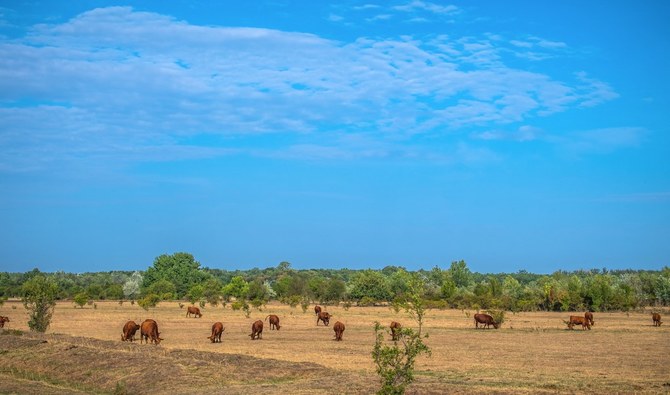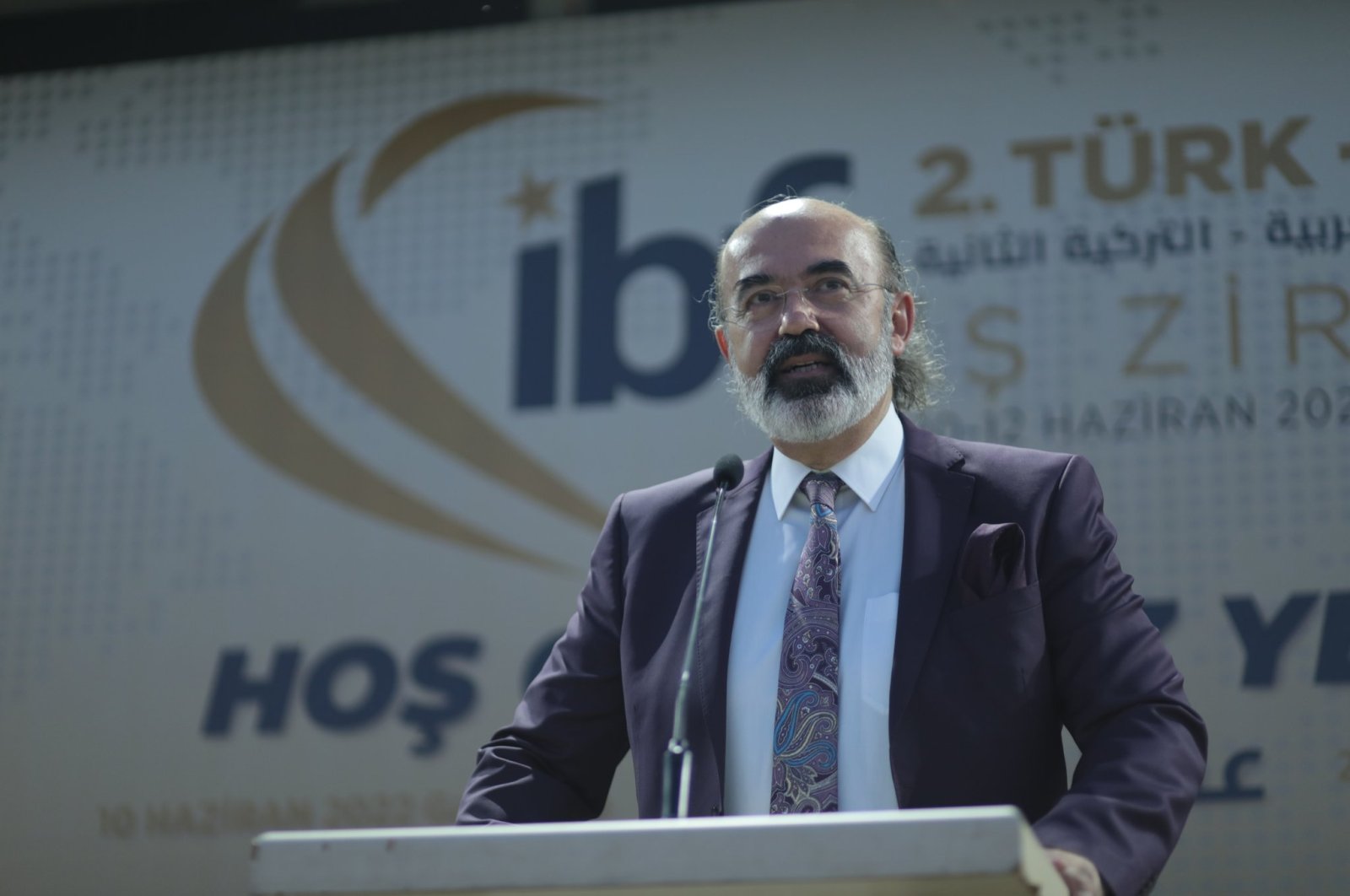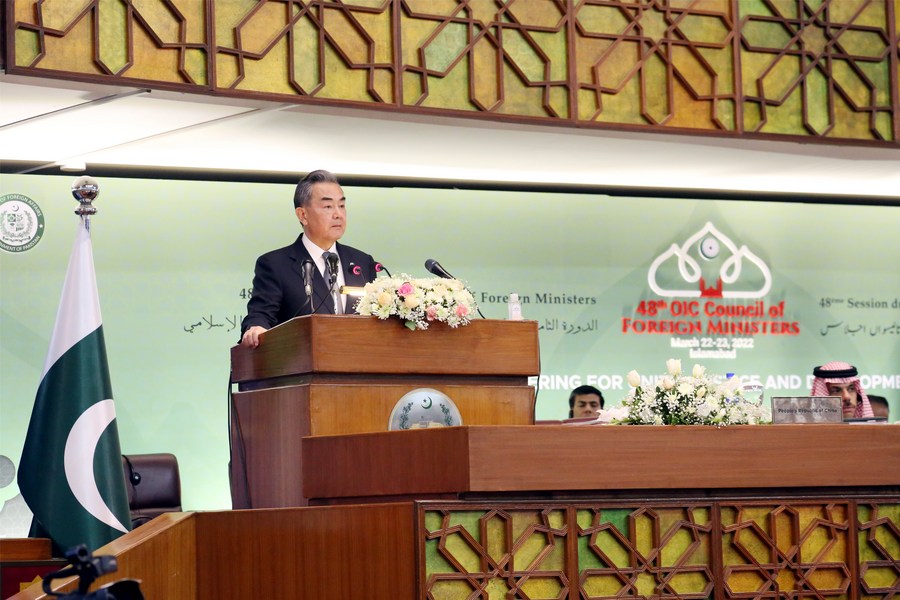by Cheyenne Baptiste
Ogilvy Noor is celebrating its one-year anniversary and to commemorate this special occasion, they’ve launched a new website http://www.ogilvynoor.com/.
May 2010 marked a turning point for Ogilvy & Mather as Ogilvy Noor, the world’s first Islamic Branding consultancy, was formed to provide research particularly focusing on the global Muslim population.
In mid 2011, Ogilvy Noor undertook a large multi-country research on the Muslim consumers around the world while undercovering their habits and views on faith. The research provided some insight into the feelings, emotions and aspirations that guide the Muslim youth across the globe. The findings are quite astounding.
In response to the events unfolding across the Middle East and article called “The Future Rises in the Middle East” was written by Nazia Hussain, Head of Strategy at Ogilvy Noor along with Simin Radmanesh and Tanya Dernaika, Consultants at Ogilvy Noor.
Here’s what we can take away from the article:
• Muslim countries in particular from the Middle East and North Africa, are demographically younger (at least two third of the regions population are under 25)
• The younger generation (under 30) referred to as ‘Futurists’, represent a consumer population with a different mind-set from the older generation referred to as ‘Traditionalists’. Although they form a smaller proportion of our segmentation, the Futurists still have a stronger influence in the consumer market
• The older generation can be referred to as ‘Traditionalist’. They represent a larger proportion of the Muslim consumer market but are becoming less influential for several reasons
• Both remain strong in their sense of identity and proud to be Muslim
• The Futurists desire change and they are fearless in challenging the status quo
• While the need for safety and belonging remain a high priority for Traditionalists, the Futurists adapt a more progressive and flexible approach towards Islam
• There is a new dialogue emerging among Futurists. Corruption and the lack of an organised leadership are the predominant issues facing the Middle Eastern countries. As a result, many activists are using social media as a medium to express their dissent. There has been an increase in activities such as blogging, tweeting and updating statuses and news for the rest of the world to see
• According to the article, this form of protesting embodies a new definition of leadership. One that is more consultative and transparent, self created out of the world that they live in. “it poses a new definition of leadership, founded on a democratic vision, that stands in clear opposition to the dictatorships they have grown up in the shadow of.”
In summary, the Futurists have the power to shape their nation’s future in their own hands and through this digital revolution referred to as the ‘revolution 2.0’. Although the web is a powerful medium for activism because of its ability to foster active participation and citizen journalism, it’s important not to over-credit the media while neglecting the underlying message. The true drivers of change are people…not so much the tools they use.
This is just a snapshot of the article. You can view the full version in PDF format here:
http://www.ogilvynoor.com/pdf/The%20Future%20Rises%20in%20the%20Middle%20East.pdf



